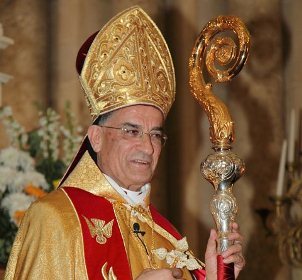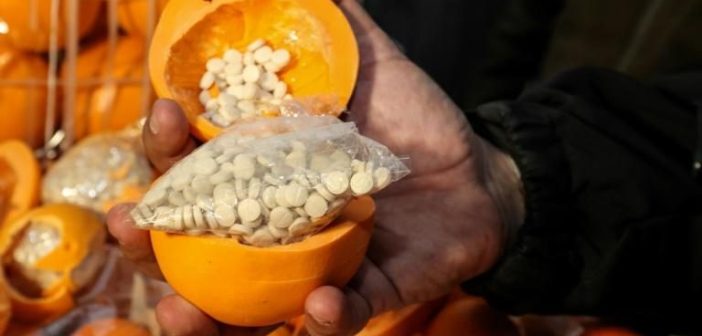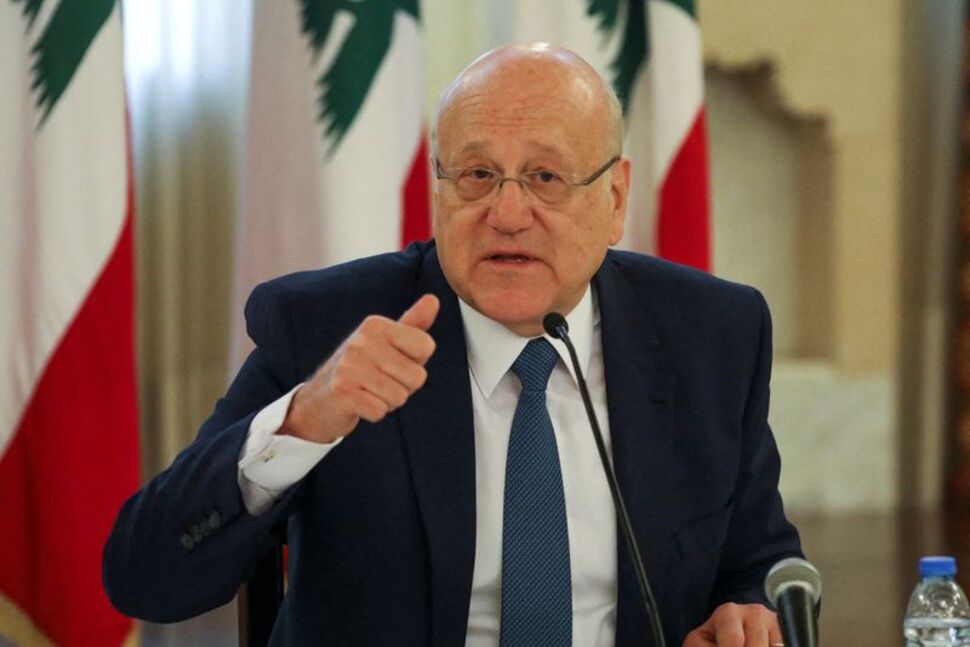
By Najia houssari – arabnews.com — BEIRUT: Politicians need to commit to serving love, justice, and the good of humanity, Lebanon’s Maronite Patriarch Bechara Boutros Al-Rahi said on Sunday. His appeal, which was made during a sermon, came as Christian denominations in Lebanon that follow the Western calendar celebrated Palm Sunday. Economic and political matters were topics in Al-Rahi’s message as children carried candles and olive branches and participated in processions. Al-Rahi began his sermon — after a mass held in Bkerke — by reminding believers of the many children who are denied the joy of the holiday. He said: “The purpose of the power entrusted to politicians is service, not oppression. “Those in power are not lords but servants of the common good. A true politician is a servant. “If they are not, then they are bad politicians. Politics is a noble art in service of the common good. “Politicians are thus called upon to destroy their inner tendencies to be corrupt and selfish and serve personal interests or embezzle public funds.”
Al-Rahi addressed the nation’s MPs by saying that good politicians would promptly elect a president so that order can be restored to constitutional institutions. Al-Rahi is scheduled to meet Christian MPs on Wednesday in an attempt to smooth the way for a presidential candidate to emerge who enjoys broad support among the parties. A presidential vacuum has now prevailed in Lebanon for six months and Nabih Berri, parliamentary speaker, has ended sessions to elect a president after 11 failures. Suleiman Frangieh, the head of the Marada Movement and the presidential candidate supported by Hezbollah and its allies, returned from Paris on Saturday after meeting French officials, most notably Patrick Dorrell, an adviser to the French president. Frangieh’s meetings were held as the French work to overcome obstacles impeding the presidential elections.







